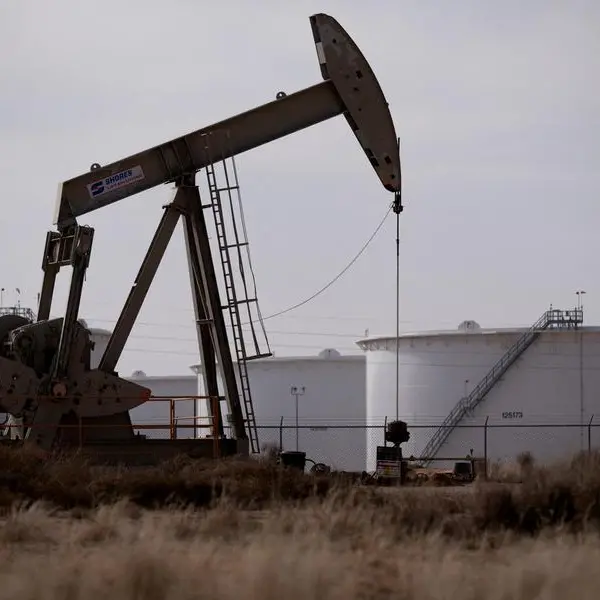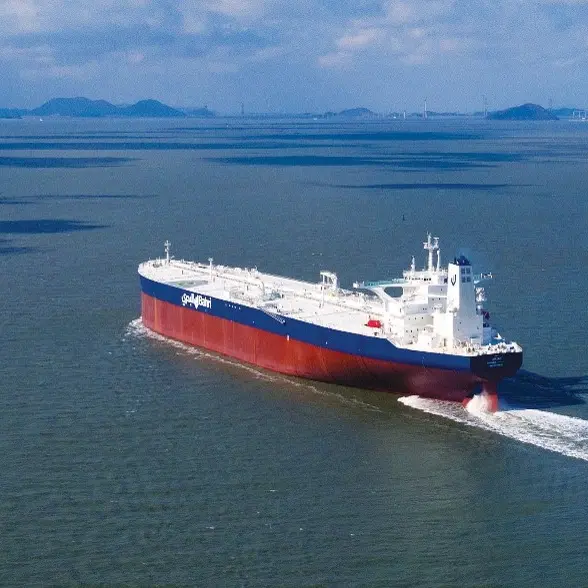Muscat: Gulf Cooperation Council (GCC) real estate value transacted in the first half of 2021 reached $64.9 billion and has approached within 26 per cent and 32 per cent of the full-year figures of 2020 ($90.5 billion) and 2019 ($96.5 billion) respectively, according to a new report.
“The higher transaction activity year-on-year in the first half of 2021 was largely due to opportunistic buying of bargain-priced properties, as property prices reached multi-year lows from the impact of COVID-19 in early 2020, Kamco Invest, Kuwait-based investment, strategy and research firm, said in its latest GCC real estate update.
“Moreover, a higher average value per transaction was achieved in the first half of 2021 for key markets, when compared to pre-pandemic levels of the first half of 2019, pointing towards the investment appetite for attractively priced real estate,” the report added.
While Kamco Invest's view on the residential real estate market in the GCC has become more constructive than from its previous update (Dec-2020), the research firm still requires rents to move towards a late-stage recovery phase in the cycle, before establishing the segment as the clear leader amongst real estate segments.
The report further said that the residential real estate prices and buyer sentiment in major GCC markets have bottomed out from the impact of COVID-19, and the lows of 2020.
Prices and investor sentiment continued their momentum in the first half of 2021, and transaction activity remains strong.
However, the drivers were different, as Dubai real estate witnessed opportunistic buying from investors, especially at the higher end of the apartment and villa market. Further, developers capitalised on the demand, and also offered rent-to-own schemes, fee waivers, and lucrative post-hand-over payment plans during the period.
Saudi Arabia real estate prices recovered and were driven by government support in the form of mortgage financing and housing initiatives to achieve the Vision 2030 objective of increasing the home-ownership rate to 70 per cent by 2030.
Residential yields compressed as a result of higher prices by H1-2021, as was witnessed in Dubai where yields compressed 40bps-50bps (basic points) across apartment types since the first half of 2020.
Office space market
In the office space market, operators continue to optimise their portfolios between traditional and flexible spaces, while occupiers negotiate hard and look for higher quality spaces, Kamco Invest said in its report. Occupiers are likely to prefer sustainable built environments, as more companies start incorporating Environmental, Social and Corporate Governance (ESG) strategies.
Technology, media and telecom (TMT) is another sector that is likely to witness growth in their contribution towards new office space demand.
In the industrial segment, growth in demand from themes such as e-commerce and 3PL logistics witnessed in 2020 should normalise, and focus should return towards more conventional sources of demand such as construction and industrial materials, white goods etc.
Competition amongst spaces could intensify, and will potentially lead to downward pressure on rents, as landlords look to preserve market share. Separately, the transformation of retail mall spaces deriving a higher footprint from entertainment and F&B tenants is expected to continue in 2021.
Event-specific spikes in footfalls and sales conversion from events such as Expo 2020 Dubai should provide temporary respite to mall space owners, the report added.
Real estate equity indices
Real estate equity indices in all GCC markets barring Qatar witnessed strong double-digit percentage gains in the first half of 2021.
The Refinitiv GCC Real Estate Total Return Index gained by 22.0 per cent, while the MSCI GCC index moved up by 22.6 per cent over the same period, the Lamco Invest report said.
At current market levels (first half 2021), The research firm believes that GCC RE equities prices are not just pricing in a cyclical recovery from COVID-19, but a broader structural rebound.
Real estate rents and prices in all sub-segments remain in different stages of recovery, and would need significant growth in fundamental performance indicators from here on to warrant a further rerating in the stock prices of developers and REITs, in our view, Kamco Invest said.
Apart from project IRRs and cash flow visibility, developers are seeking portfolio investments into PropTech and Property Management companies in order to capture more recurring and diversified revenues.
© Muscat Media Group Provided by SyndiGate Media Inc. (Syndigate.info).




















